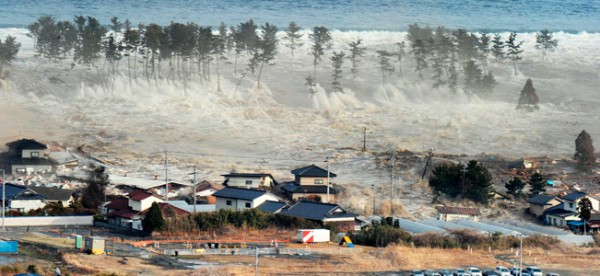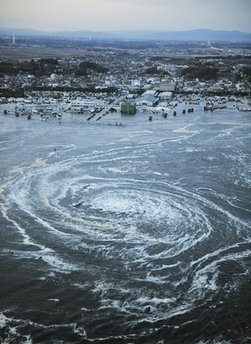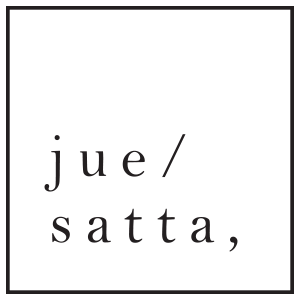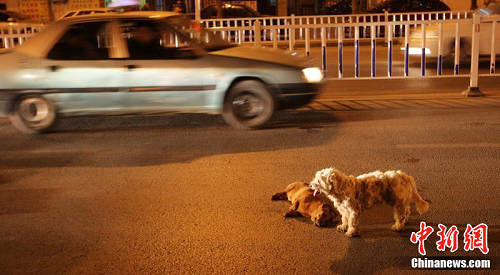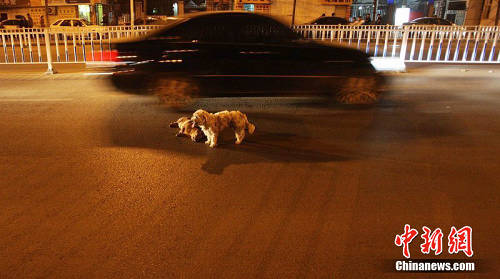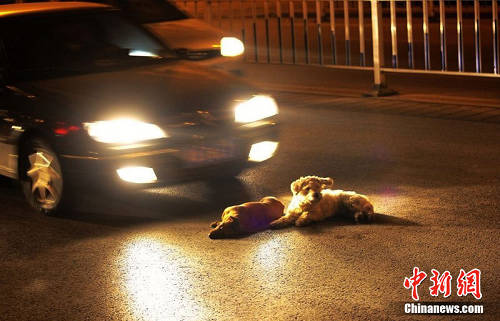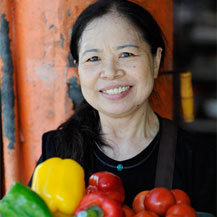
Chen's frugality has allowed her to donate over $3000,000 to many charitable causes. (Photo: Marc Gerritsen)
“This extraordinary woman thinks nothing of living a life devoid of luxuries in order to help those less fortunate than her”
By Esther Liang
After the morning hustle and bustle, the atmosphere at Tai-tung county’s Central Market quietens as every stall shuts for the day and their owners return to the comfort of their homes. A lone lamp shines on a vegetable stall. With head bowed, Chen Shu-Chu silently sorts out the vegetable leaves as she waits for the occasional afternoon customer. Decades of hard work have caused the fingers on the right hand to curl and joints to swell; her feet have deformed slightly.
Chen leads her life with a daily routine – waking up at three in the morning, she makes her way to the vegetable wholesaler and sets up her stall, which she tends till seven or eight in the evening. Being the first to arrive and last to leave, the other stall owners have fondly given her the title of ‘market manager’.
In the dark and damp market, Chen, nearing her sixties, holds the stall her father left her dearly. Yuan-Jin Vegetables is her everything. With her vegetables selling at “a bundle for 30 dollars, three bundles for 50”, Chen earns only marginal profits. Yet, her frugality has allowed her to donate about NT$10 million ($321,550) towards various charitable causes, including helping schools, orphanages and poor children.
The selfless generosity of a woman with such humble income has placed her under the international spotlight. In March, Forbes magazine named her one of 48 outstanding philanthropists from the Asia-Pacific region. A month later, TIME magazine selected the year’s top 100 influential people and Chen emerged under the ‘Heroes of Philanthrophy’ category. Fellow Taiwanese and Oscar-winning director Lee Ang wrote her entry personally. “Money is only worthy if given to those in need,” he quoted Chen. He also wrote, “Amazing, but of all she has given away, her greatest gift is leading by example.”
Despite the honour of receiving the TIME award in New York, gaining global recognition, and a personal meeting with President Ma Ying-jeou, all Chen really cares about is her vegetable stall. If not for President Ma and the foreign minister personally convincing her to go, she would not have agreed to visit New York as she felt “this is not a competition and I did not win anything”. Amid the frenzy of applying for a passport and preparing for the visit, Chen’s main concern was that her regular customers would not get their vegetables.
Chen has become a celebrity in Taitung county. Local authorities decorated her stall with congratulatory posters and banners hailing her as the ‘Pride of Taitung’ and the ‘Model of Philanthropy’. There are fans who turn up at the stall with a vegetable basket and a camera, hoping for a picture with Chen. Despite all the attention, Chen remains humble. “I have done nothing extraordinary and everyone who wants to can do it. There are many other charitable people; we just don’t know about them.” Chen, who is unmarried, adds, “I do not place great importance on money. When I donate to help others, I feel at peace and happy, and I can sleep well at night.” She also feels for the poor having experienced hardship in her younger days.
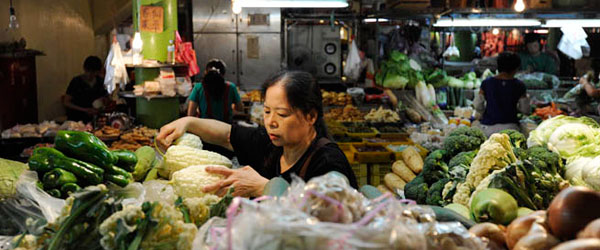
All she needs is food and a place to sleep. Everything else is a luxury.
Born in 1950, Chen lost her mother after completing her primary school education. Her mother was admitted to hospital due to difficulties in labour and the family had to pay an insurance of NT$5000 ($160) before medical attention could be granted. Chen saw her father asking their neighbours for money but it was too late to save her mother. The eldest daughter in the family, Chen had to grow up overnight. She gave up her studies and dedicated her life to helping at the vegetable stall.
When she was 18, her younger brother fell sick and the illness dragged on for over a year, gradually depleting the family’s savings. Doctors suggested the family send her brother to Taiwan National University Hospital, but how could they afford the fees? Huang Shun-zhong, a teacher at Ren-ai Primary School, started a donation drive. Unfortunately, her brother could not be saved.
After experiencing the kindness bestowed upon her family, Chen made up her mind to help the poor once she was able. When her father passed away 17 years ago, Chen, a devoted Buddhist, generously donated NT$1 million ($32,140) to Fo Guang Shan Monastery. In 2000, she donated NT$1 million to her alma mater, Ren-ai Primary School, to set up an “Emergency Relief Fund” to help poor children obtain financial help.
Assisting in the setting up and maintenance of the fund is Li Guorong, who teaches Chen’s nephew. In 2001, Li had a plan to build a library for the school and estimated the cost to be between NT$4 million and NT$5 million. When he approached Chen, in the hope that she might contribute NT$50,000, Li was shocked when Chen said she would fund the entire project. While the school was sceptical, Chen was determined. In May 2005, the two-storey library was completed and named “Chen Shu-Chu Library” in honour of the ‘Vegetable Market heroine’ alumnus. She had donated NT$4.5 million.
Chen’s ability to donate such large sums of money has led many to ask, How can a mere vegetable seller earn so much?
“Spend only what you need, and you’ll be able to save up a lot of money!” says Chen. Since 1996, she has been donating NT$36,000 ($1150) to help three children in the Kids-alive International organisation. To achieve this, Chen explains that she empties her loose change into three little cardboard boxes at home every night. “This is a simple act that can be done by anyone, isn’t it?” says Chen.
Chen leads a very simple life without any luxuries. Neither does she have any desire for material gains nor any form of enjoyment. Work, she says, is her enjoyment. “I love my work. If I didn’t, would I be able to work 16 hours a day?” All she needs is food and a place to sleep. Everything else is a luxury.
Has business improved after winning the award? “Business is as usual,” Chen says. “I still need to sell my vegetables, not much has changed.” Advertisers have approached her to film commercials, financial managers have offered to manage her finances and other well-wishers have offered to donate money. Chen rejects these advances politely. “It is easy to return borrowed money, but difficult to return a favour,” she says.
“My philosophy in life is simple: If doing something makes you worried, then it must be a wrong thing. If it makes you happy, then you must have done the right thing. What others say is not important,” says Chen. She is content with what she has and feels that as long as she “lives a life she wishes for and does the things she wants, that is good enough”.
[article: Esther Liang, published in Reader’s Digest]
